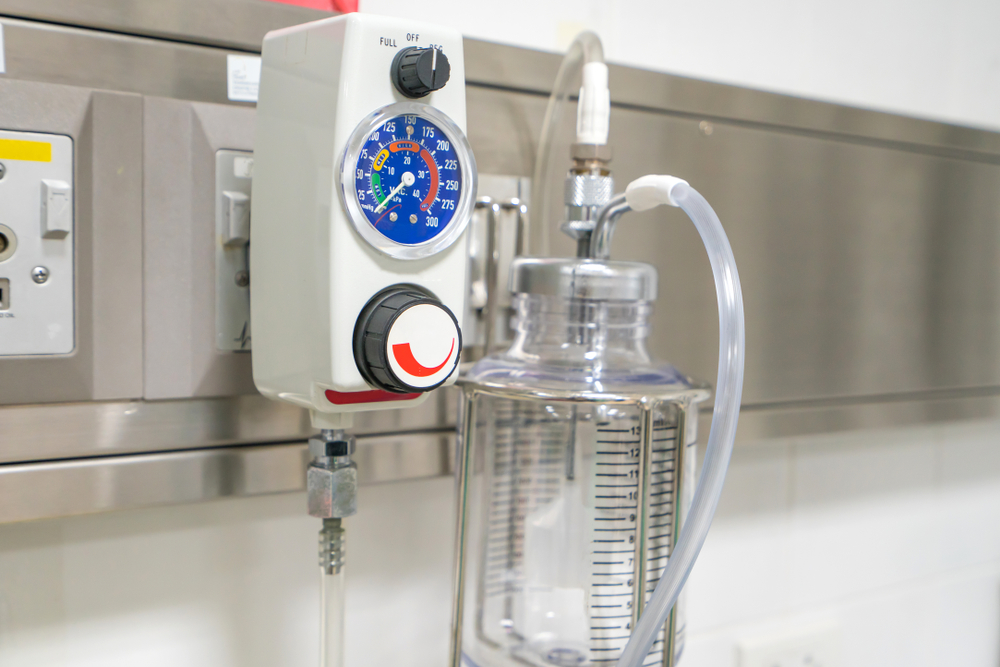Understanding How Bacterial Infections Impact Our Health
Explore the effects of various bacterial infections on human health, ranging from food poisoning to serious illnesses like meningitis and STDs. Learn how these bacteria invade the body, symptoms to watch for, and preventive measures for maintaining health and safety.
Sponsored

Bacterial infections occur when harmful bacteria rapidly reproduce within the body. These microscopic organisms, invisible to the naked eye, are present everywhere, and some can cause serious health issues. Bacteria can trigger various illnesses, making differentiated diagnosis essential. Some bacteria like Escherichia coli and Salmonella can contaminate food and water, leading to food poisoning. Others, such as Helicobacter pylori, may cause gastric ulcers or even stomach cancer. Proper hygiene, vaccinations, and timely medical intervention are key to controlling bacterial infections.
Infections like gonorrhea caused by Neisseria gonorrhoeae present symptoms such as painful urination and abnormal discharges. Meningitis from Neisseria meningitidis leads to severe symptoms including confusion and body aches, potentially resulting in death if untreated. Staphylococcus aureus can cause skin abscesses, pneumonia, or food poisoning, requiring prompt medical care. Streptococcal bacteria often lead to sore throats, fever, and headaches. Awareness, hygienic practices, and early diagnosis are vital to prevent the spread and complications of bacterial diseases.






